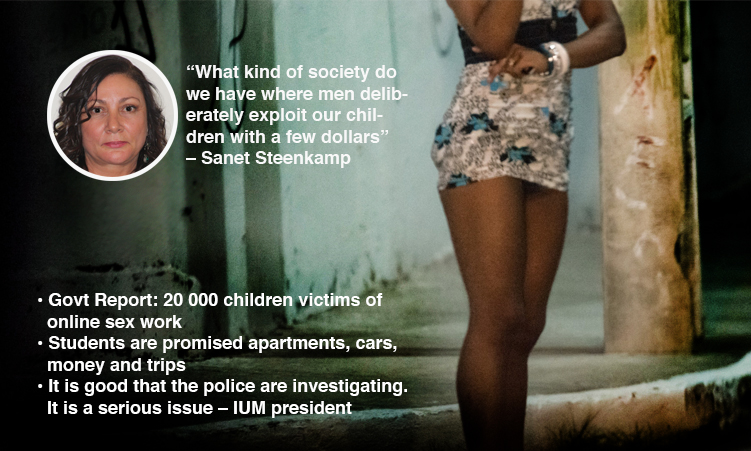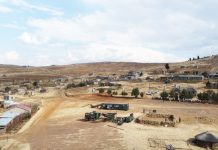By Tracy Tafirenyika | 14 July 2022
The Namibian Police are investigating cases of university students and school-children that have become victims of online sex work.
The investigation comes two years after a 2022 Ministry of Gender Equality, Poverty Eradication and Child Welfare report titled ‘Disruptive Harm Namibia’ revealed that more than 20 000 children across the country aged between 12 and 17 have experienced online sexual exploitation and abuse.
Police crime investigation coordinator deputy commissioner Chrispin Mubebo confirmed the investigation.
“The information we are getting is not yet verified, but we are looking into it. It is in all the tertiary institutions,” he told The Namibian this week.
According to Mubebo, the police probe also stretches to schools.
“We have received cases of online sex work including pupils that are going on social media trying to interact with different men in which the interaction will lead to financial issues.”
Mubebo said the cases are still under investigation, but are not concrete, because they are on social media.
He added that Namibia’s law governing sex work is outdated.
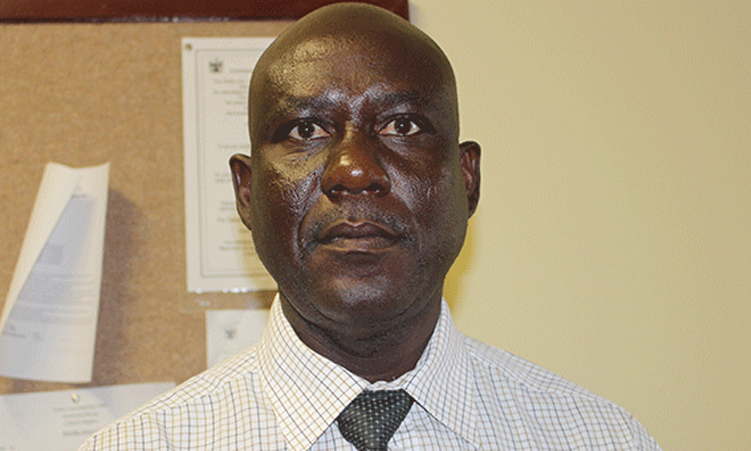
“In the past year alone, 9% of internet-users aged 12 to 17 in Namibia were subjected to clear examples of online sexual exploitation and abuse that included blackmailing children to engage in sexual activities, sharing their sexual images without permission, or coercing them to engage in sexual activities through promises of money or gifts,” noted the report.
The report revealed that policies are not yet enacted in Namibia, which makes it difficult for the justice system to address online sexual exploitation and abuse.
“These crimes can happen while children spend time online or in person, but involve technology. Most offenders of online sexual exploitation and abuse are someone the child already knows,” noted the report.
The report, created to protect Namibian children from online sexual exploitation and abuse, called for the Namibian Police to create a dedicated and specialised law enforcement unit to investigate these cases.
Sex work among young people has been increasingly reported in the media in recent years.
BROKEN HOMES
The Namibian has seen online posts and profiles of people advertising their sex work businesses on social media.
Some charge N$200 per session, N$100 for videos, and N$1 500 for a weekend away, while others offer unlimited packages for N$3 000 per night. University students are allegedly also engaging in sex work. Some students confirmed to The Namibian that they are charging between N$30 and N$100 per night.
One Economy Foundation’s gender and child protection specialist Veronica Theron on Wednesday said online sex work among pupils is often due to poverty and broken homes.
Theron further said the biggest challenge in addressing this is that Namibia is not fully prepared or equipped to handle such cases.
“These types of scenarios are more common. Parents and caregivers are not aware that their children are trapped in cases like this. We have dealt with such cases. It is very complex because Namibia is not fully geared or equipped to handle cases like these.”
Theron said children are desperately looking for something that can alleviate their economic hardships.
According to Theron, many children see online sex work as a lifeline to get out of their situations.
“Whether it is abusive and domestic relationships or parents going through the worst, or economic hardships, children are desperately looking for something that can assist in their economic hardship or something that can take them away from home.”
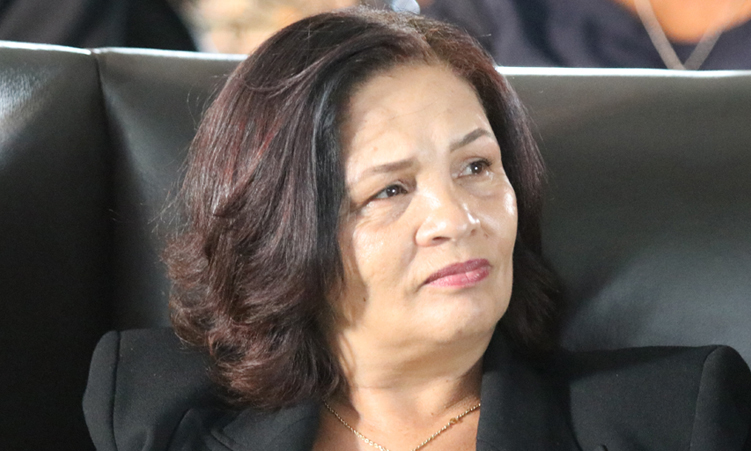
The One Economy Foundation, founded by former First Lady Monica Geingos, has previously run youth-led programmes, such as the BeFree Movement.
Theron said young people are lured into online sex work with promises of apartments, cars and financial prosperity.
“There is a lot of deception in online exploitation. People will promise young people the world – an apartment, a car, financial prosperity, opportunities to travel and study abroad, or become models, and give them examples of young people they have worked with.
“It looks very legit, and that is how children are hooked and deceived.”
Theron said this leads to long-lasting negative impacts.
“Young people will be scared, especially when their pictures are to be posted [on social media]. Long-term, lasting negative impacts on mental health and sometimes on physical health. This affects not only the individual, but also has a bad effect on the family. Trust relationships are broken and parents start quarrelling,” she said.
International University of Management (IUM) student representative council president Loide Nghuulondo says sexual exploitation has become a serious problem at universities.
“It is good that the police are investigating the matter. It is a very serious issue. We are now losing students who are committing suicide if their names are exposed.”
She said several students are indulging in online sex work because they come from homes with no supervision.
“Many students who come to study in Windhoek do not have supervision and that is how they end up doing these things. Online sex work is there, but we do not have proof. There is no solid way of going about it.”
Nghuulondo said IUM has received complaints of students being involved in sex work.
“If the students are involved, it is in their own capacity, not that of IUM.”
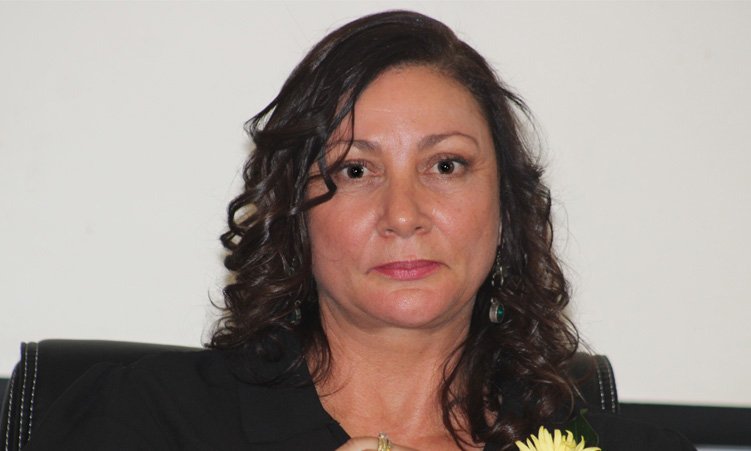
Education, art and culture executive director Sanet Steenkamp said although no official report on the police investigations has been submitted to the ministry, a multidisciplinary approach is needed involving parents, community members and students.
“We know that children need to use technology for education, socialising and playfulness but we have to be fully aware of online child abuse that happens every second across the globe.”
Steenkamp said children are being bullied online and blackmailed to share compromising images of themselves, which can lead to extortion.
NEED FOR INTERROGATION
“We as a community need to get together in a multi-sectoral approach and try to find answers with the children, because we cannot allow this to continue. What kind of society do we have where men deliberately exploit our children for a few dollars?
“We need to find ways to ensure that children are protected.”
According to Steenkamp, there is a need to interrogate the matter with parents, siblings, family members and friends.
“We have to make sure the screen time and access when using cellphones are managed. We need to get together and find a solution. It is more than just a moral issue, it has now become a matter of life and death because it concerns children’s lives,” she said.

